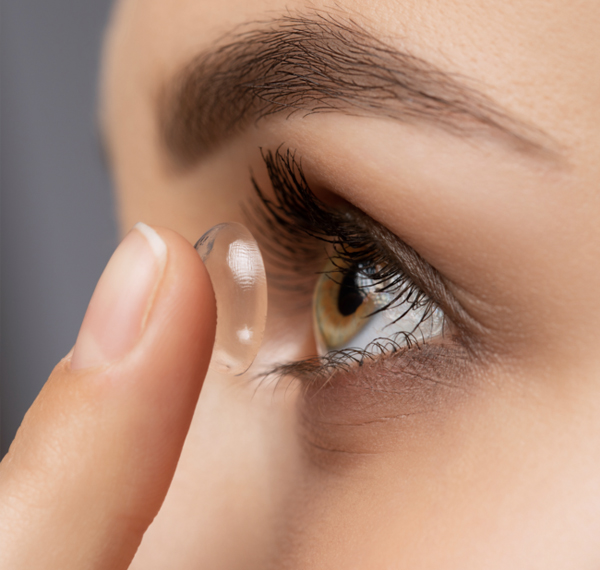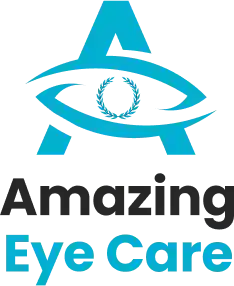
Start with an eye exam
Contact Lens Preferences Discussion
Next, Eye Surface Measurements by the Eye Doctor
Consider a Tear Film Evaluation as well
Contact Lens Fitting Time
Test it out now!
Your contact lens exam has concluded, but you will need to return for a follow-up. Typically, your doctor will have you wear trial lenses for a week. Afterward, a brief follow-up exam will be conducted to ensure the lenses are suitable for you. Once confirmed, you can proceed to order a supply of contact lenses.
If this is your initial contact lens exam, there is no need to worry. Simply select a qualified optometrist who will address all your inquiries throughout the process. Just inform them of your interest in contact lenses so they can allocate additional time for the consultation and any necessary specialized tests.
Here are the providers and their respective contact lens options:
- Alcon: Precision1, Dailies Total1, Total30, Air Optix plus Hydraglyde, Air Optix Night & Day and etc.
- Cooper Vision: Freshday, Clariti, Reveal, MyDay, Biofinity and etc.
- Bausch & Lomb: Biotrue, Infuse, Ultra and etc.
- Johnson & Johnson: Acuvue Oasys, Acuvue Oasys 1-Day with Hydraluxe and etc.

